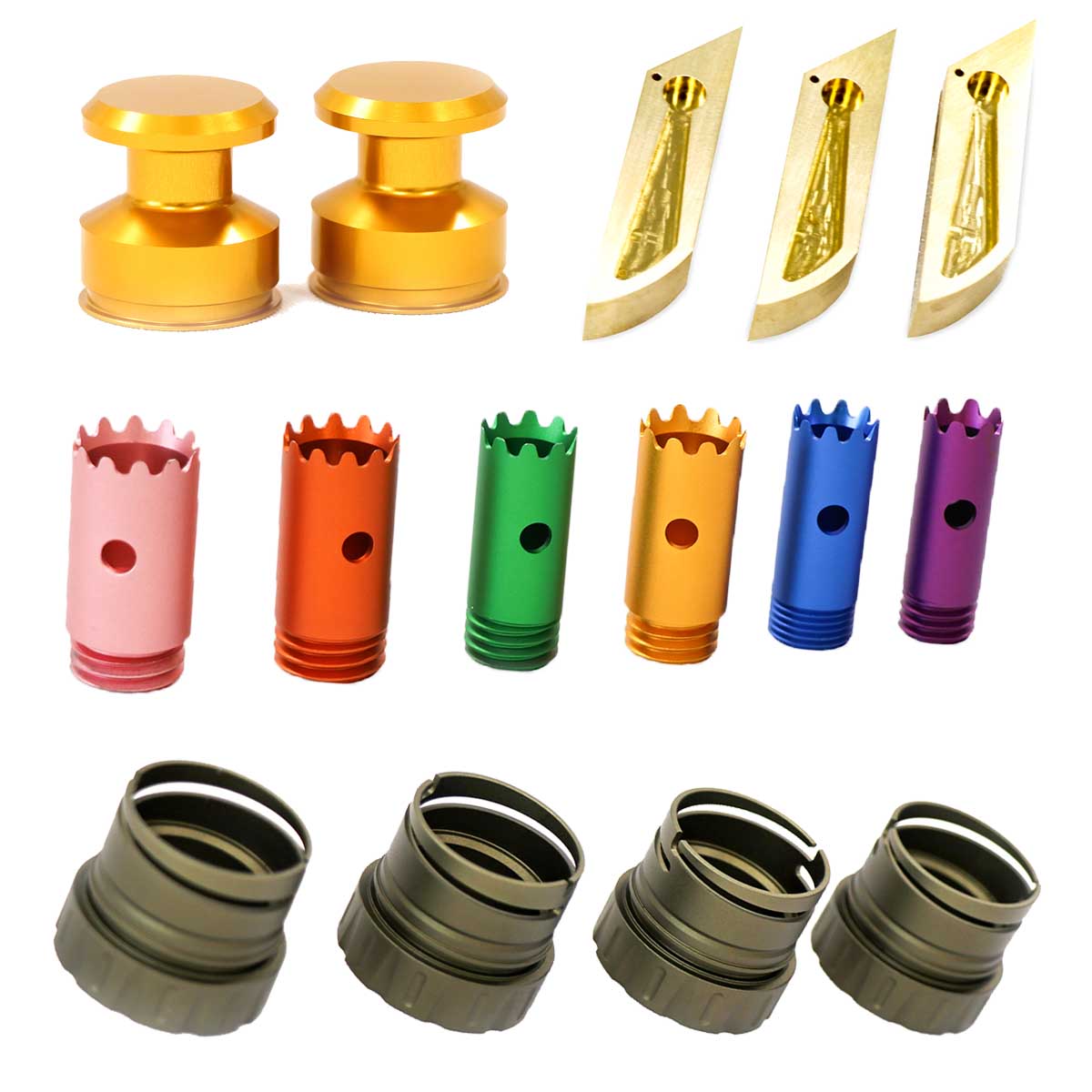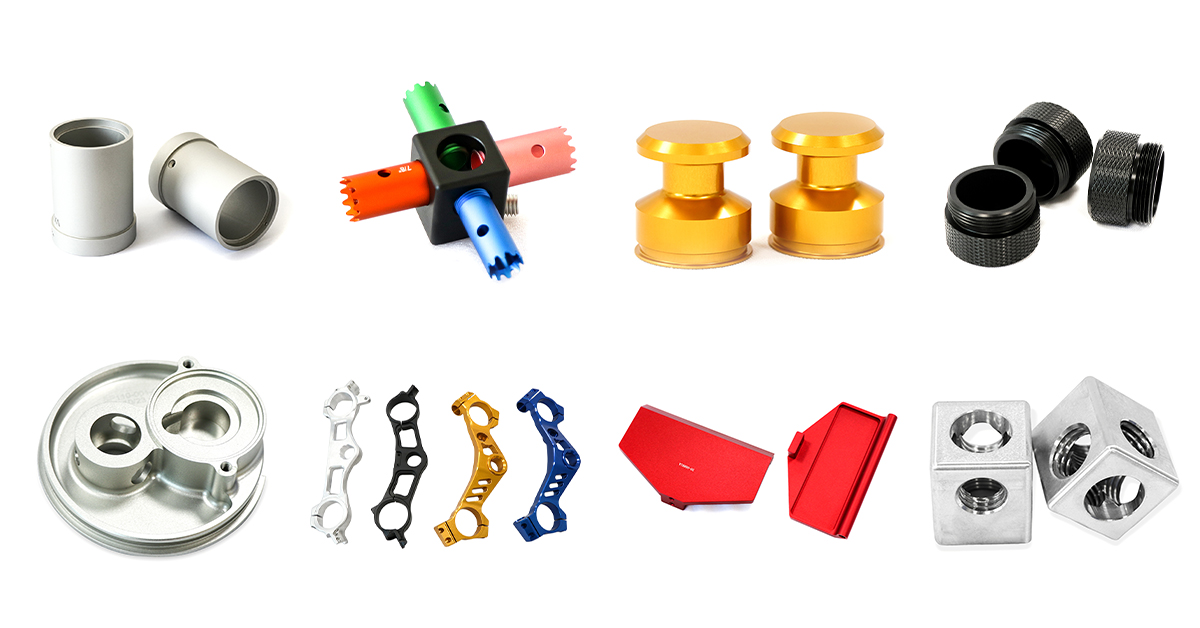News
CNC Machining Cost Calculation Guide: Factors Affecting Price and How to Lower Costs
Welcome to the fascinating world of CNC machining cost calculation! If you think cost calculation sounds like solving a math puzzle, you're not alone. But don’t worry, we’re here to break it down in a fun, easy-to-understand way. We’ll explore how to calculate CNC machining costs, understand the factors affecting prices, and uncover some smart strategies to lower those costs. Ready? Let’s dive into this professional yet entertaining topic!
1. Understanding the Components of CNC Machining Costs
Step One: Know the Ingredients
CNC machining costs are like making a gourmet meal; they involve several key “ingredients.” Here’s what they typically include:
- Material Costs: This is your “ingredient list,” usually metals or plastics. The cost depends on the type, quality, and quantity of material you choose.


- Equipment Usage Fee: Like renting high-end kitchen appliances, using CNC machines comes with a cost. This includes wear and tear, maintenance, and operational expenses.
- Labor Costs: Hiring skilled operators (or chefs, if you will) to run the machines and program them also comes with a price. This covers wages and expertise.
- Programming and Setup Fees: Just like drafting a recipe, CNC machining requires programming and setup. These are often one-time costs, but can be higher for complex parts.
- Inspection and Quality Control Costs: Ensuring every “dish” is perfect involves quality control. This includes the cost of measurements and testing.
2. Key Factors Affecting CNC Machining Prices
Factor One: Part Complexity
Complex parts are like gourmet dishes that require special handling. Intricate geometries and precision requirements mean more machining time and specialized equipment, often leading to higher costs.
Factor Two: Material Type and Quantity
High-end ingredients are often pricier. In CNC machining, rare or high-strength materials can drive up costs. However, ordering in bulk can reduce the price per part, much like buying ingredients in bulk for a party.
Factor Three: Production Quantity
Small batch production is like cooking for a small gathering—it’s more expensive per item. Large-scale production, on the other hand, is like catering a big event, where the cost per piece is lower due to shared setup and equipment costs.
Factor Four: Delivery Time
Rush orders are like fast-food requests—they usually come with a premium. If you plan ahead and opt for standard delivery, you can avoid additional charges and keep costs down.
Factor Five: Equipment and Technology
Using high-tech machinery and advanced technology is like having top-notch kitchen gadgets. These can improve efficiency and precision but may come with higher costs. Choosing the right equipment can balance cost and quality.
3. Smart Strategies to Lower CNC Machining Costs

Strategy One: Optimize Design
Optimizing design is like refining your recipe. Simplifying part designs can reduce machining time and material waste. Avoid unnecessary complexity and reduce the need for expensive materials.
Strategy Two: Choose the Right Materials
Selecting the right materials is like choosing the perfect ingredients—not always the most expensive, but suitable for the job. Collaborate with suppliers to find cost-effective materials without compromising quality.
Strategy Three: Improve Production Efficiency
Enhancing production efficiency is like improving kitchen workflow. Utilize advanced programming and automation to minimize manual labor and reduce overall costs.
Strategy Four: Bulk Production
Consider bulk production for large orders. Just like bulk buying can cut costs, producing in larger quantities allows you to spread out setup and equipment costs and often get better material rates.
Strategy Five: Plan Production Wisely
Planning production in advance is like reserving a restaurant table. Avoid last-minute changes and rush orders to minimize additional costs and make better use of equipment and resources.
Strategy Six: Negotiate with Suppliers
Negotiating with suppliers is like haggling for a better price at the market. Understand market rates and discuss terms with suppliers to secure more favorable conditions and reduce costs.
4. Conclusion: Smart Cost Management
Calculating and lowering CNC machining costs doesn’t require you to be a financial guru. By understanding the cost components and influencing factors, and applying strategies like optimizing design and bulk production, you can make informed decisions and reduce overall costs. Think of it as preparing a perfect meal—careful planning and management are key to success.
We hope this guide helps you navigate CNC machining costs like a pro and deliver fantastic results, just like a master chef crafting a perfect dish!
Categories
Latest News
- How can Chinese CNC machining 2025-04-22
- Why CNC Machining is the Best 2024-08-23
- CNC Machining Cost Calculation2024-08-22
- How to Find a Manufacturer for2024-08-01
- Plastic molding: definition, p2024-07-10
Contact
CONTACT USContact:Joy Ren
Phone: +86 18598031605
Email:cillian@qc-mold.com
Whatsapp+86 18598031605
Add:No.3 Huayuan Road, Longhua District,Shenzhen,China

 Eva
Eva